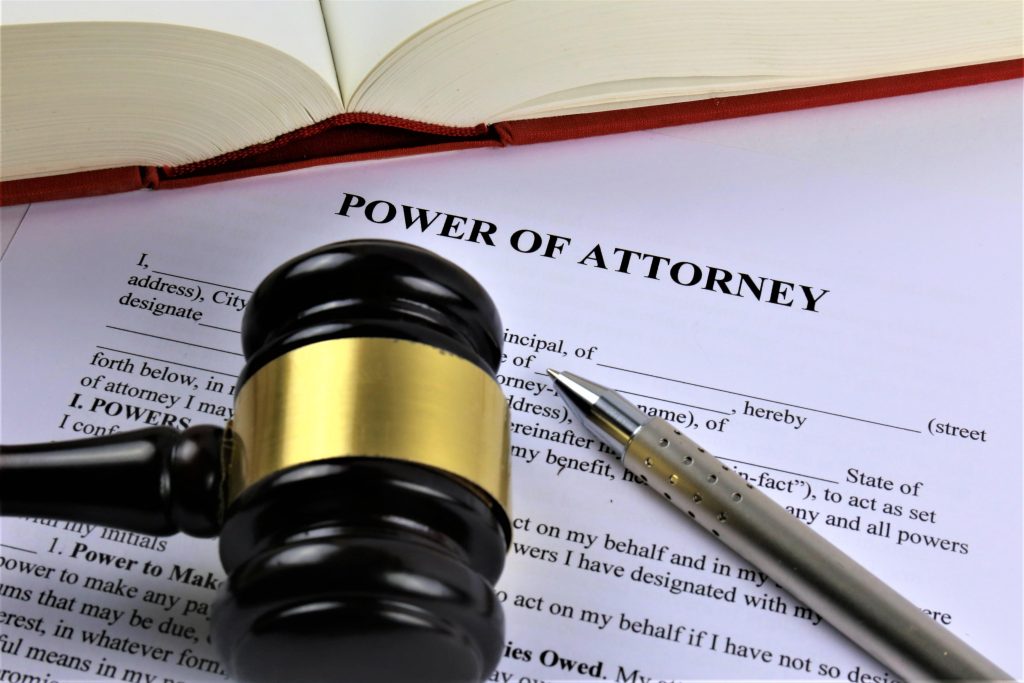As we age, planning for the future becomes more important. One crucial aspect of this planning is understanding what a Power of Attorney (POA) is and how it can help protect your interests. This guide will explain the basics of a Power of Attorney, why it’s important, and what seniors need to know to make informed decisions.
What Is a Power of Attorney?
A Power of Attorney is a legal document that gives someone you trust the authority to make decisions on your behalf. This person is called your “agent” or “attorney-in-fact.” The decisions they make can cover a range of areas, including financial matters, healthcare decisions, and legal affairs.
Types of Power of Attorney
There are different types of Power of Attorney, each serving a specific purpose. Understanding these types can help you decide which one best suits your needs.
General Power of Attorney
A General Power of Attorney gives your agent broad powers to handle your affairs. This includes managing your finances, signing documents, and making decisions on your behalf. However, this type of POA ends if you become incapacitated.
Durable Power of Attorney
A Durable Power of Attorney remains in effect even if you become incapacitated. This ensures that your agent can continue to manage your affairs without interruption. It’s a crucial tool for seniors, as it provides continuity and peace of mind.
Special or Limited Power of Attorney
A Special or Limited Power of Attorney grants your agent authority to handle specific tasks. For example, you might give someone the power to sell your house or manage a particular investment. This type of POA is limited to the duties specified in the document.
Healthcare Power of Attorney
A Healthcare Power of Attorney allows your agent to make medical decisions on your behalf if you are unable to do so. This can include decisions about treatment options, surgeries, and end-of-life care. Having a Healthcare POA ensures that your medical preferences are respected even if you cannot communicate them.
Why You Need a Power of Attorney
It provides a safety net for unexpected situations, ensures your wishes are followed, and can prevent legal complications for your loved ones.
Planning for the Unexpected
A Power of Attorney ensures that someone you trust can step in and make decisions if you are unable to do so. This can include managing your finances, paying bills, and handling other important matters.
Ensuring Your Wishes Are Followed
A Power of Attorney allows you to specify how you want your affairs handled. By choosing an agent who understands your preferences and values, you can ensure that your wishes are respected. This is especially important for healthcare decisions, where your agent can advocate for the treatments and care you want.
Preventing Legal Complications
Without a Power of Attorney, your loved ones may have to go through a lengthy and expensive court process to gain the authority to manage your affairs. A Power of Attorney simplifies this process and provides clarity and direction.
Choosing the Right Agent
Selecting the right person to be your agent is a critical decision. Your agent should be someone you trust completely, as they will have significant power over your affairs.
Trust and Reliability
Choose someone who is trustworthy and reliable. This person should have your best interests at heart and be willing to act according to your wishes, even if they differ from their own opinions.
Ability to Handle Responsibilities
Consider whether the person you choose has the ability to handle the responsibilities of being your agent. They should be organized, financially savvy, and able to communicate effectively with others.
Proximity and Availability
It can be helpful to choose someone who lives nearby or is easily reachable. This ensures that they can act quickly in case of an emergency and be available to handle ongoing responsibilities.
Creating a Power of Attorney
Creating a Power of Attorney involves several steps, but it’s a straightforward process that can provide peace of mind.
Consult with an Attorney
While you can find POA forms online, it’s a good idea to consult with an attorney. An attorney can help you understand the legal implications and ensure that the document meets your specific needs and complies with state laws.
Discuss Your Wishes
Have a detailed discussion with your chosen agent about your wishes and expectations. Make sure they understand their responsibilities and also ready to take on the role.
Sign the Document
Once the document is prepared, you will need to sign it in the presence of a notary public or witnesses, depending on your state’s requirements. This formalizes the POA and makes it legally binding.
Reviewing and Updating Your Power of Attorney
It’s important to review your Power of Attorney regularly and update it as needed. Changes in your health, financial situation, or relationships may require adjustments to your POA.
Regular Reviews
Set a schedule to review your POA every few years or after major life events. This ensures that the document continues to reflect your current wishes and circumstances.
Making Updates
If you need to make changes, consult with your attorney to update the document. You may need to create a new POA and revoke the old one to ensure there is no confusion.
Conclusion
A Power of Attorney is a vital tool for seniors, providing protection and peace of mind. By understanding the different types of POA, choosing the right agent, and keeping your document up to date, you can ensure that your wishes are respected and your affairs are managed smoothly. Taking these steps now can save your loved ones from stress and legal complications in the future, allowing you to focus on enjoying your golden years.

